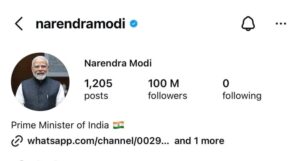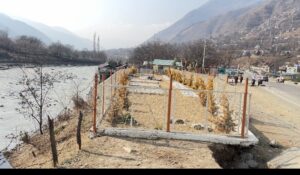The Power of Reading: Building a Nation of Knowledge and Leadership

Avul Pakir Jainulabdeen Abdul Kalam, the esteemed Indian aerospace scientist and 11th President of India from 2002 to 2007, wisely stated, “Learning gives creativity, creativity leads to thinking, thinking provides knowledge, and knowledge makes you great.” To achieve greatness, we must embrace reading as a fundamental tool for learning. In today’s competitive world, reading is an essential skill that equips us with the knowledge and capabilities necessary for success amidst materialism and consumerism.
Reading not only enhances our understanding of various subjects but also cultivates the skills needed for a fulfilling life. It ignites our drive to comprehend the challenges our nation faces and inspires us to devise effective solutions. Historically, the world’s great leaders have been avid readers; their extensive reading allowed them to grasp the complexities of their times and propose a wide array of solutions for national development and growth.
In an era where knowledge is increasingly recognized as power, the importance of reading has never been greater. The ultimate goal for any country is to foster development and strength, which is why nations are prioritizing robust educational systems to empower their citizens. A well-educated populace is essential, as individuals equipped with diverse knowledge—be it in science, technology, business, medicine, or engineering—contribute significantly to national strength across various professional fields. Indeed, the correlation between power and development in today’s world is undeniable.
In academic and technical spheres, students who delve into literature beyond their syllabus excel not only in examinations but also in their future careers. A good reader is better prepared to tackle life’s challenges, as reading nurtures intellect and maturity. Every avid reader has the potential to become a great leader. Thus, a nation rich in readers is also rich in potential leaders.
In leadership, the significance of reading is profound. Leaders—whether political, religious, social, or economic—who are well-read are better equipped to understand societal dynamics and provide guidance grounded in reality. They advocate for practical, result-oriented solutions, steering clear of emotional rhetoric that could lead to detrimental consequences. Through their reading skills, leaders can identify opportunities even in challenging circumstances.
Moreover, staying informed about local, national, and global events is crucial, and reading newspapers, magazines, and journals is vital for this awareness. Readers, especially those keen on international relations, can predict trends and analyze situations with clarity. Therefore, while knowledge is power, reading remains the most effective means to acquire that power.
To foster a culture of knowledge and intellectual growth, we must promote reading in our homes, schools, libraries, and workplaces. The recent surge in book reading habits in Kashmir and the rise of young Kashmiri authors is a promising development in this direction. More efforts from administrative officials and religious leaders are necessary to nurture a reading culture among our youth, ensuring a brighter and more opportunistic future for our society.
This article is dedicated to APJ Abdul Kalam, who inspired the youth of India to read, learn, and think creatively to build a strong and resilient nation. Only through strong reading habits can we become the architects of our country’s future. Let us embark on this journey by picking up a book today.
Author : Farooq Ahmad Lone is a bachelors student in IGNOU.He can be reached at lonefarooqahmad80@gmail.com




